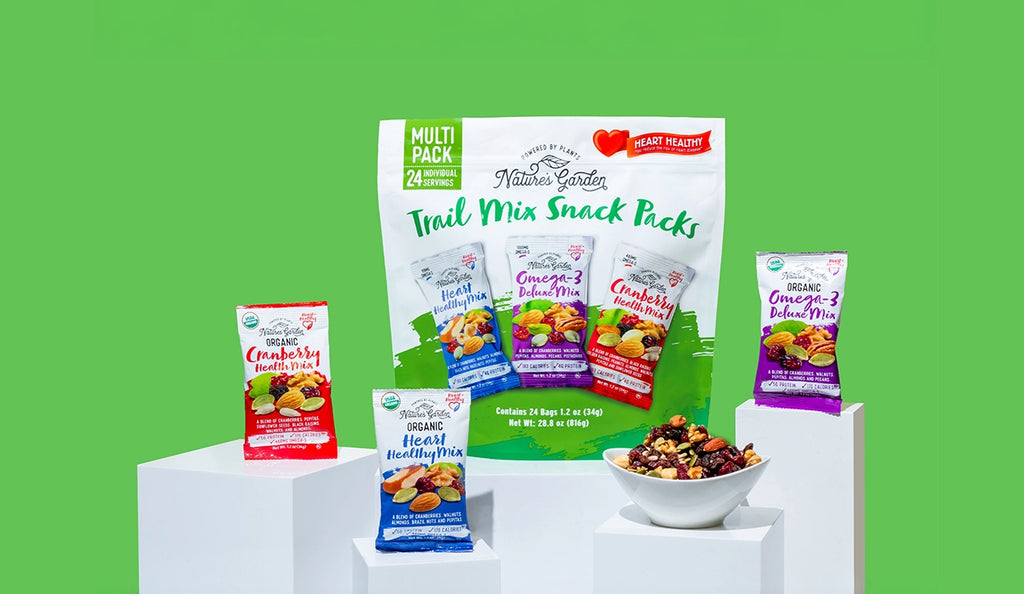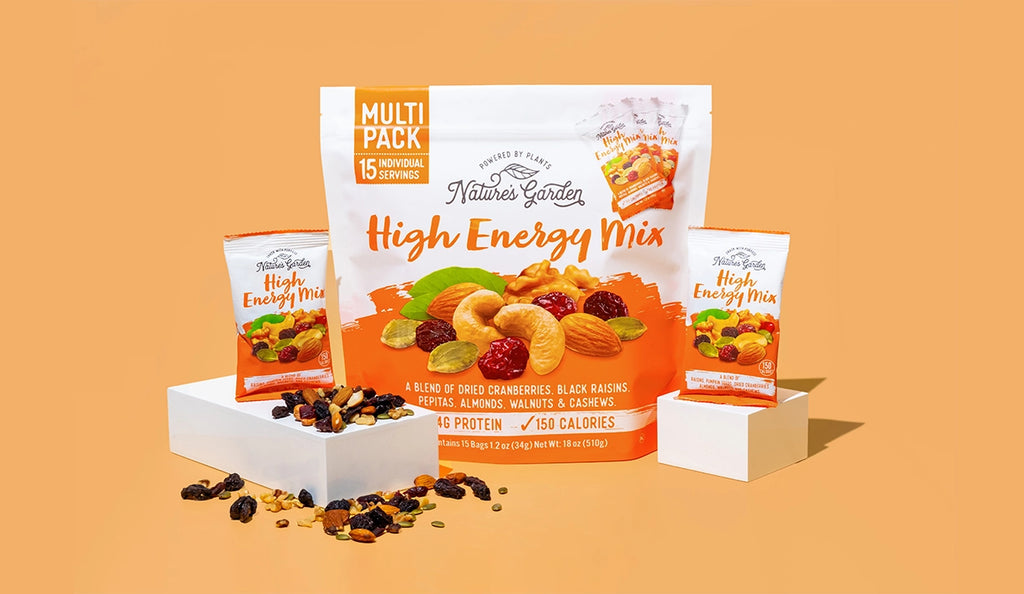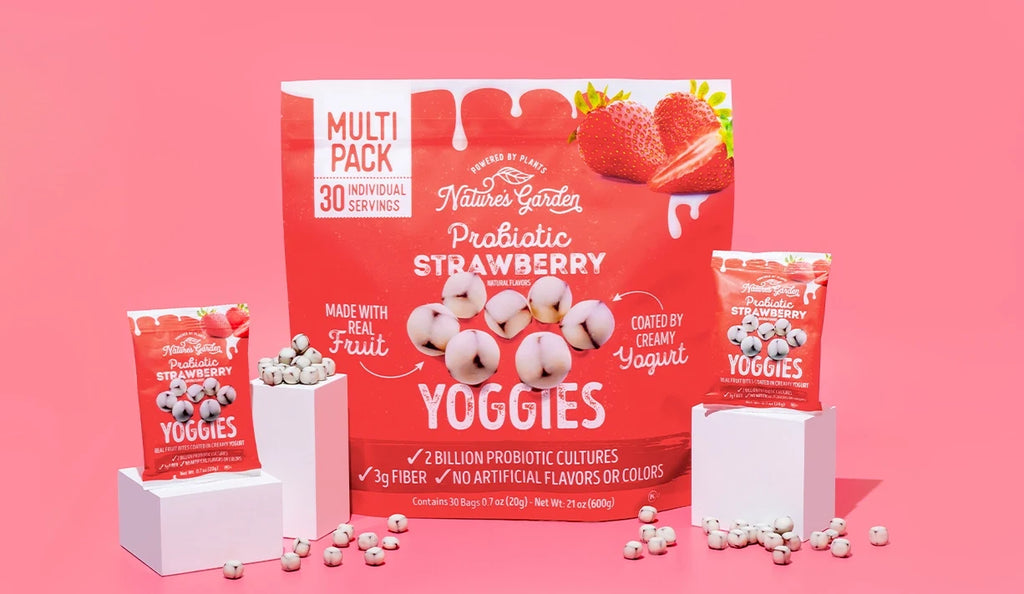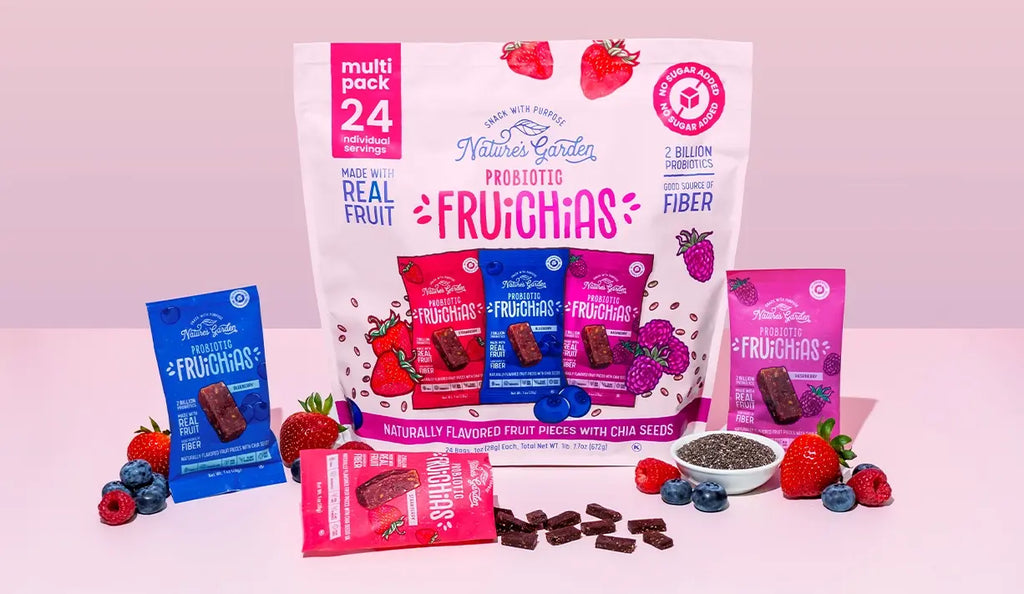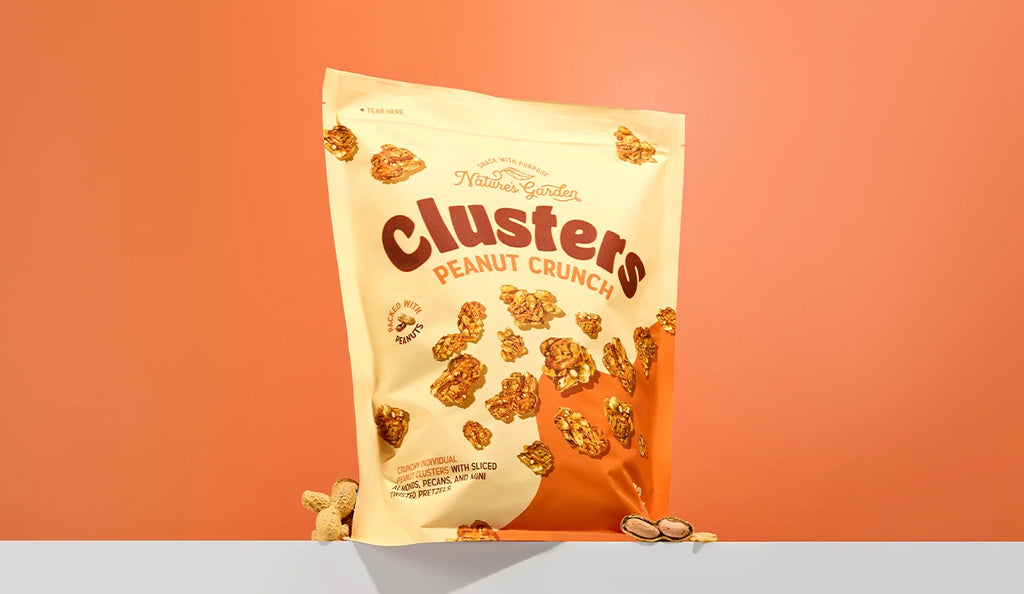Apricots are a delightful stone fruit, famous for their hidden hard pit and irresistibly juicy flesh. As summer rolls in, these mouth-watering fruits become the ultimate snack for a hot day. Nature’s Garden Probiotic Apricots take this summer treat to the next level. Packed with probiotics—live beneficial bacteria that support your gut health—these apricots offer a delicious way to nourish your body. Enjoy the best of both worlds: the natural sweetness and nutritional benefits of apricots combined with the health-boosting power of probiotics.
What are Probiotic Apricots?
Probiotic apricots are dried apricots that have been infused with probiotics to maximize probiotic function. Some people choose to take probiotics in a variety of forms daily as they contribute to maintaining your overall wellness. Most people find that their health improves over time when eating a high-fiber diet and probiotic foods regularly. The addition of probiotics to the already present source of probiotics in dried apricots benefits your body when eaten in moderation.
Probiotics – Dried Apricots
The probiotics added into the dried apricots from Nature’s Garden are Saccharomyces Boulardii and Lactobacillus Rhamnosus GG. The National Library of Medicine documents S. Boulardii, as “a probiotic yeast often used for the treatment of GI tract disorders,” while L. Rhamnosus GG is, “well documented including the prevention and treatment of gastro-intestinal infections and diarrhea, and stimulation of immune responses that promote vaccination or even prevent certain allergic symptoms.” What makes these probiotics special is Nature’s Garden’s patented microencapsulation technology, which allows the live probiotic cultures to make their way through your digestive system and reach your gut intact. Similar to adding any supplemental food to your diet, it’s always smart to monitor how your body reacts to the new introduction.
Probiotic Apricots Serving Size and Calories of 1 Dried Apricot.
The general serving size of probiotic dried apricots is 6 pieces or 40 grams, and the caloric intake of 1 dried apricot is 2.5 calories. When thinking about how we should portion our dried apricot intake, Beth Czerwony, Registered and Licensed Dietician offered her advice through the Cleveland Health Clinic saying, Dried apricots are also higher in fiber and other nutrients than fresh apricots. So, enjoy them, but look for ones that don’t have added sugar. And pay attention to your serving size.”
What are the Benefits of Apricots?
While there are many benefits in taking probiotics more generally, when consuming a regulated number of probiotic apricots, they can aid in:
- Digestive Health: Probiotics maintain a healthy balance of gut bacteria, which can improve digestion and reduce issues like bloating, and constipation among other things.
- Immune Support: A healthy gut microbiome can enhance your immune system, making you more resistant to infections and illness.
- Anti-inflammatory Properties: Both apricots and probiotics have anti-inflammatory properties. Apricots are rich in antioxidants like vitamin C and beta-carotene, which help combat inflammation and oxidative stress.
- Heart Health: The fiber, potassium, and antioxidants in apricots contribute to heart health by reducing blood pressure and cholesterol levels. Probiotics can also positively affect cholesterol levels and inflammation, further supporting cardiovascular health.
Additional health benefits of probiotic apricots.
- Nutrient Absorption: Probiotics can enhance the absorption of nutrients from food, ensuring you get the most out of vitamins and minerals your diet.
- Skin Health: The antioxidants in apricots can help improve skin health, and a balanced gut microbiome can reduce skin conditions like eczema and acne.
- Mood and Mental Health: Emerging research suggests a link between gut health and mental health, often referred to as the gut-brain axis. Probiotics might help improve mood and educe symptoms of anxiety and depression.
How to Use Probiotic Apricots?
While all apricots do have some natural probiotics in their makeup, probiotic apricots specifically have enhanced positives through their probiotic infusion. Some easy ways to incorporate them into your diet are:
- Snacking: Eat them straight out of the Nature’s Garden package.
- Add to Dishes: Mix them into salads, oatmeal, yogurt, or trail mixes for an added nutritional probiotic boost.
- Baking: Use them in baked goods like muffins, bread, or cookies to enhance their nutritional value.
Some things to consider with probiotic apricots.
- Storage: Keep probiotic apricots in a cool, dry place to maintain the viability of the probiotics.
- Dietary Balance: While probiotic apricots are beneficial, they should be a part of a balanced diet that includes a variety of other nutrient-dense foods.
By incorporating probiotic apricots into your diet, you can enjoy the dual benefits of the natural goodness of apricots and the health-promoting effects of probiotics. It’s always recommended to speak to your health care professional when incorporating new foods and supplements into your diet.

